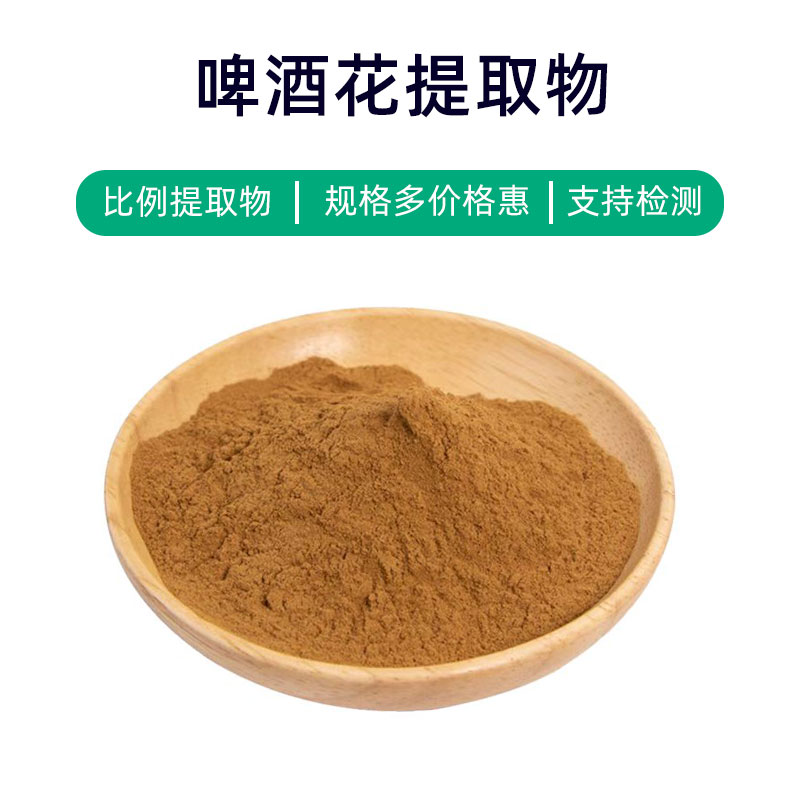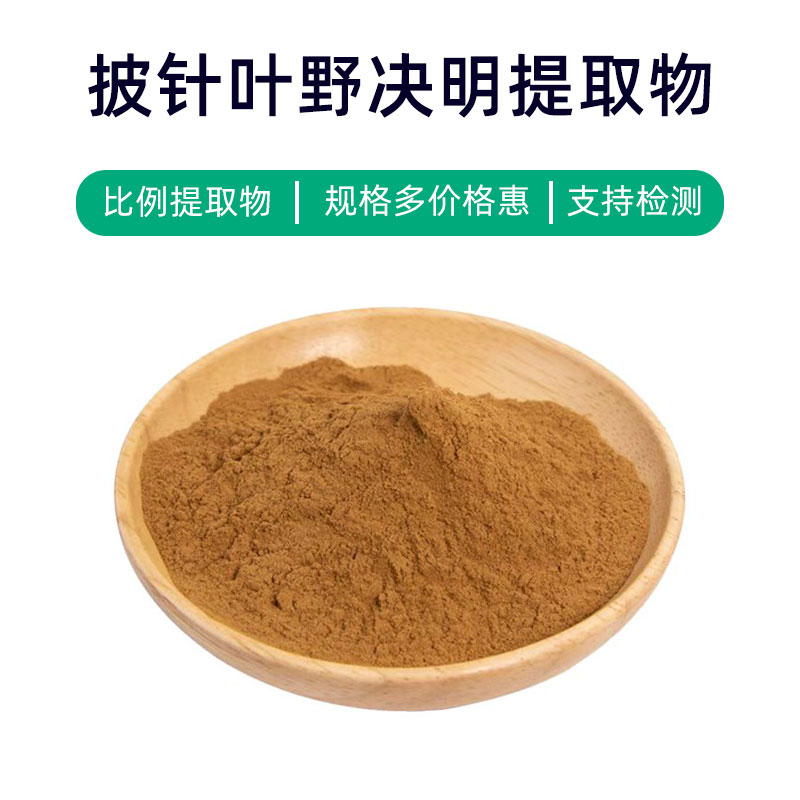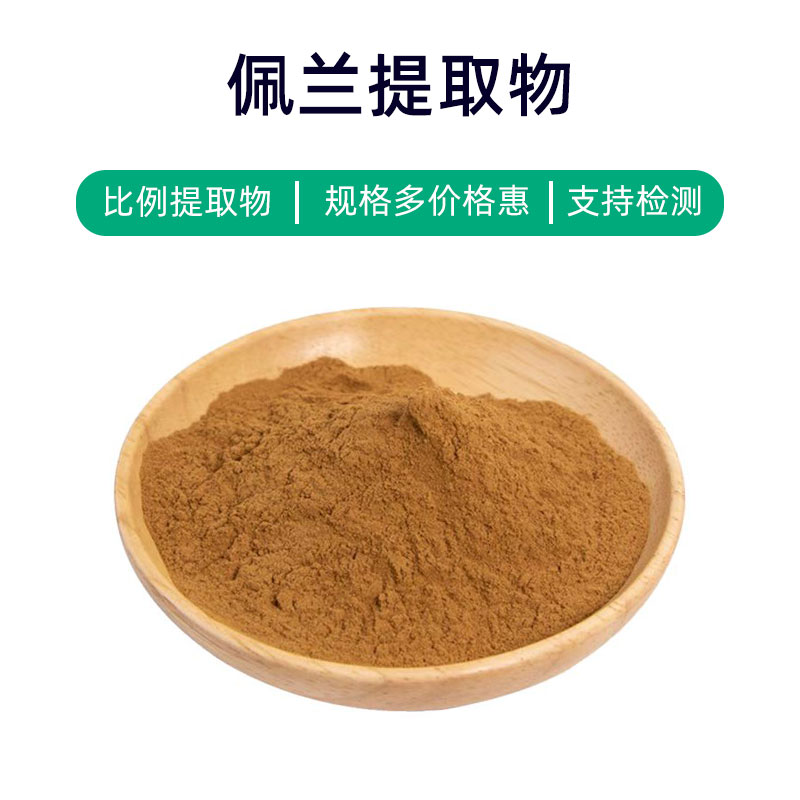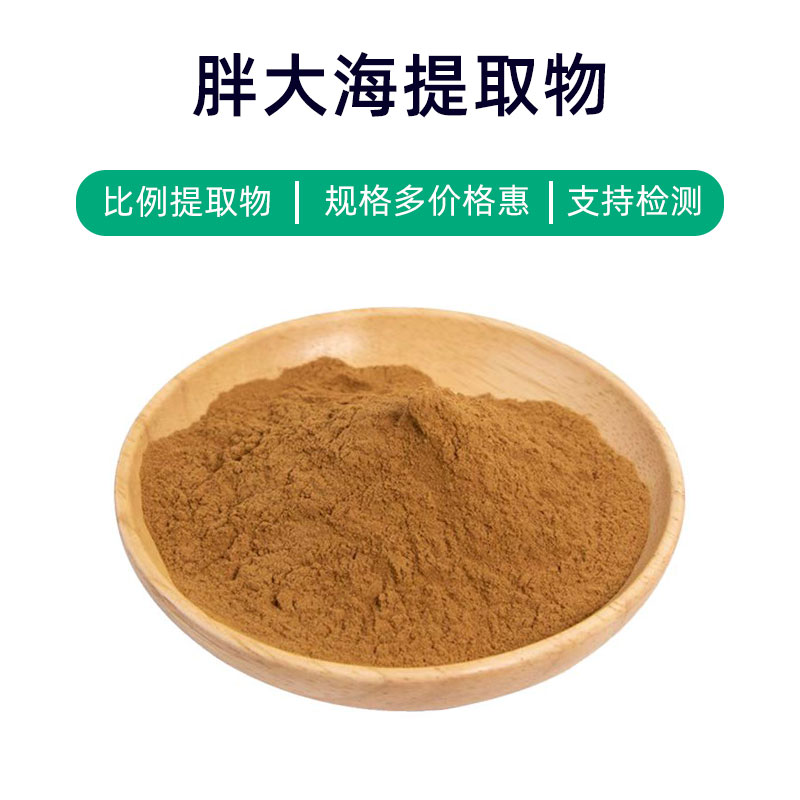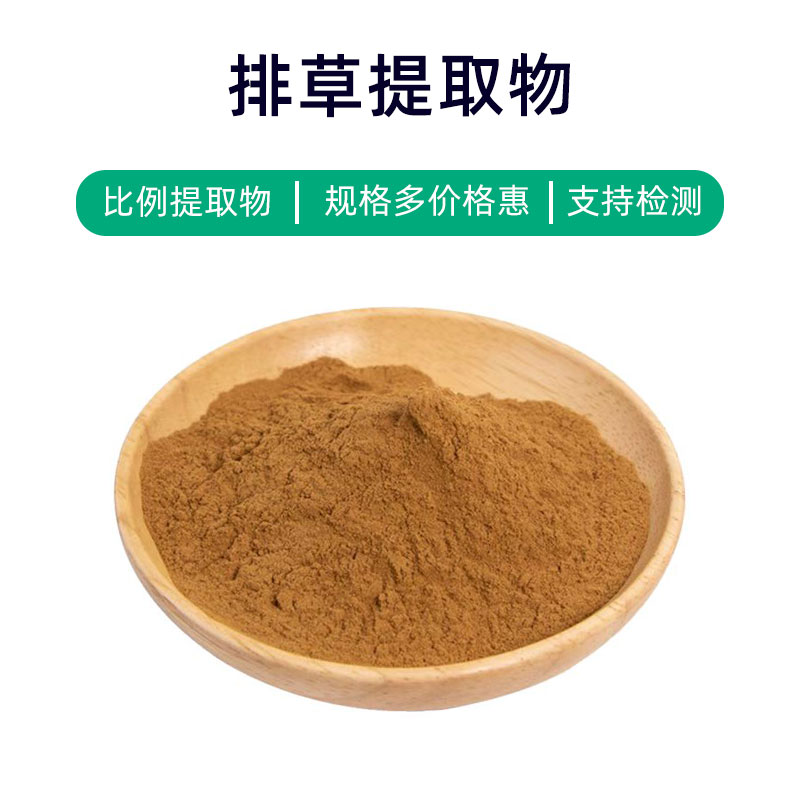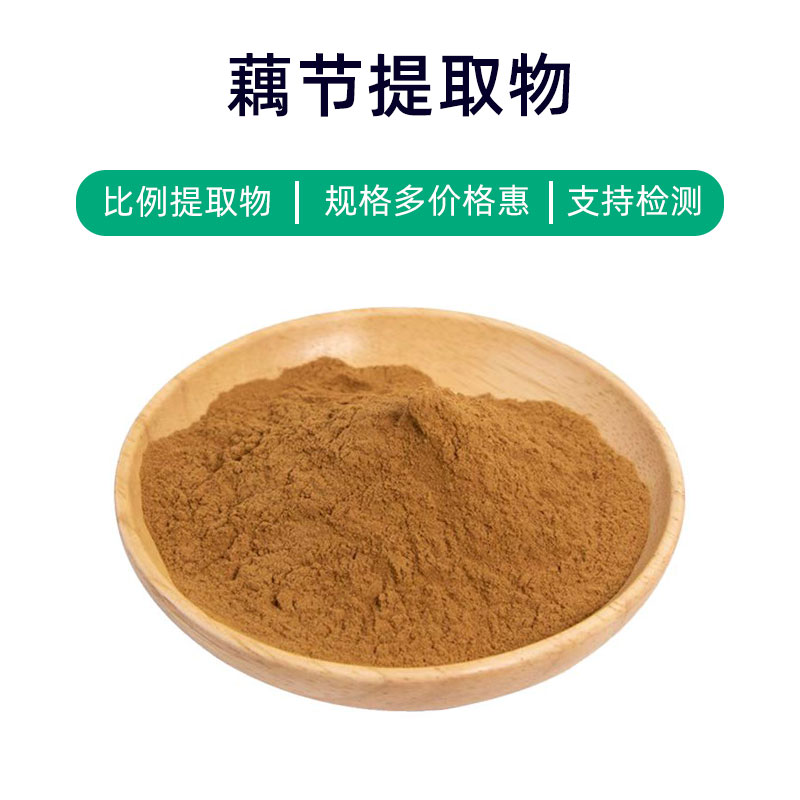Birch Polypore Extract Product Introduction
Birch polypore extract is a natural botanical extract derived from the birch polypore fungus. Its main components include polysaccharides, terpenoids, and phenolic compounds. Birch polypore extract exhibits numerous bioactivities, including antioxidant, anti-inflammatory, antibacterial, and immune-regulating effects. In the pharmaceutical sector, it is often used as an ingredient in health supplements to boost immunity and regulate immune function. In the food industry, it can serve as a natural preservative and enhancer to maintain food freshness and extend shelf life. In cosmetics, birch polypore extract is commonly found in skincare and beauty products, offering moisturizing, antioxidant, and soothing properties, which help improve skin texture and delay aging. Overall, this extract has a promising application in several fields and is considered a potential natural botanical ingredient.
Birch Polypore Extract Production Process
The production process of birch polypore extract generally includes the following key steps:
- Raw Material Preparation: First, birch polypore biomass is prepared as the extraction material. This can be fresh birch polypore mycelium or dried birch polypore powder.
- Extraction Process: The extraction process is crucial for isolating active components from the birch polypore. Common extraction methods include water extraction, ethanol extraction, and supercritical fluid extraction. Water extraction is a common method that retains water-soluble components like polysaccharides.
- Filtration and Concentration: After the extract is filtered to remove impurities, it needs to be concentrated. Typical concentration methods include vacuum concentration and spray drying to obtain the concentrated birch polypore extract.
- Refinement and Purification: To enhance the purity and activity of the product, the extract can undergo refinement and purification, including solvent precipitation, gel filtration, and chromatography, to remove impurities and increase active component concentration.
- Drying and Packaging: Finally, the refined and purified birch polypore extract must be dried to reduce moisture content and improve stability. The dried product is usually stored in suitable packaging like aluminum foil bags or plastic drums to protect it from moisture and light.
In summary, the production process of birch polypore extract involves multiple steps, including raw material preparation, extraction, filtration and concentration, refinement and purification, drying, and packaging, each requiring strict control to ensure the final product's quality and stability.
Birch Polypore Extract Benefits and Side Effects
Birch polypore extract is a natural plant extract rich in nutrients and medicinal value. Its main benefits and effects are as follows:
- Antioxidant Effects: Birch polypore extract is abundant in antioxidants, such as polyphenols and vitamins, which can eliminate free radicals in the body, slow down cellular aging, and boost the body's antioxidant capacity.
- Immune Regulation: Studies indicate that birch polypore extract has immune-regulating properties, enhancing the body's immunity and resistance to diseases, which helps prevent infections and illnesses.
- Anti-inflammatory Effects: The active components in birch polypore extract exhibit significant anti-inflammatory properties, inhibiting the occurrence and development of inflammation and alleviating pain and discomfort caused by it.
- Lipid-lowering Effects: Some studies suggest that components in birch polypore extract may help regulate blood lipids, lowering serum cholesterol and triglyceride levels, thus aiding in the prevention of cardiovascular diseases.
- Promotes Digestion: Certain active substances in birch polypore extract can aid digestion by enhancing gastrointestinal motility and improving the absorption of food, addressing issues such as indigestion.
- Antibacterial and Antiviral Effects: Some studies show that birch polypore extract possesses inhibitory effects on certain bacteria and viruses, providing antibacterial and antiviral benefits that help prevent and treat relevant infectious diseases.
- Health Benefits: Birch polypore extract contains various nutrients like proteins, vitamins, and minerals, offering health-enhancing benefits, boosting physical strength, and improving overall health.
Despite the many benefits of birch polypore extract, users should be aware of potential side effects. While there is currently no significant research indicating serious side effects, some individuals may experience allergic reactions or digestive discomfort. Therefore, it is advisable to consult a healthcare professional before use to avoid unnecessary risks.
Birch Polypore Extract Application Scenarios and Dosages
Birch polypore extract finds extensive applications in pharmaceuticals, food, and cosmetics. Here are the application scenarios and suggested dosages for each field:
- Pharmaceutical Field:
- Antioxidant and Immune Regulation: Birch polypore extract can be used in the production of health supplements and medications aimed at boosting immunity and improving physical fitness. A typical recommended daily dosage is 100-200 mg, which can be adjusted based on individual health status.
- Anti-inflammatory and Antibacterial: It can be used as an ingredient in anti-inflammatory medications for treating inflammatory diseases, usually applied as a 10% concentration cream or emulsion to the affected area 2-3 times a day.
- Lipid Regulation: It can be utilized in drugs for lowering blood lipids, generally with a recommended dosage of 500-1000 mg per intake, 2-3 times a day.
- Food Industry:
- Food Additive: Birch polypore extract can be used as a natural food additive to enhance nutritional value and flavor. The typical addition rate corresponds to the proportions in the product formula, usually around 0.1%-0.5%.
- Seasoning: It can be used to create sauces and seasonings, imparting unique flavors and tastes to food. The amount can be adjusted based on personal preference.
- Cosmetics Field:
- Skin Care Products: Rich in various natural active components, birch polypore extract can be incorporated into skincare products, offering moisturizing, antioxidant, and anti-aging effects. A typical daily usage recommendation is 0.5%-2%.
- Hair Care Products: It can be added to shampoos and conditioners to nourish hair and improve hair quality. Normally, the addition rate is set at 0.5%-2%.
Overall, birch polypore extract, as a natural plant extract, shows wide-ranging potential in the pharmaceutical, food, and cosmetic fields. However, care should be taken to ensure the product's source and quality, adhering to the correct usage and dosage to guarantee safety and effectiveness.
Birch Polypore Extract Source Plant Introduction, Distribution, and Growth Environment
Birch polypore extract is derived from plants in the birch family, mainly sourced from the trunks and bark of birch trees. The following is a detailed introduction to the source plants of birch polypore extract, along with information on their distribution and growth environment:
- Plant Introduction:
- Scientific Name: Birch (Scientific Name: Betula)
- Family: Betulaceae
- Characteristics: Birch trees are common deciduous hardwoods with white or gray-white smooth bark. The leaves are simple and arranged in pairs, oval or elongated, with serrated edges. They flower early in spring with cone-shaped inflorescences.
- Growth Habits: Birch trees have strong adaptability, thriving in temperate and cold temperate regions, primarily found in Europe, Asia, and North America, particularly in high-latitude areas of the Northern Hemisphere.
- Distribution:
- Europe: Birch is one of the most common tree species in Europe, with a wide distribution, including Northern, Eastern, and Western Europe.
- Asia: Birch trees are also widely distributed in Asia, mainly found in Russia, China, Japan, and South Korea.
- North America: Birch is predominantly found in North America, especially in the northern parts of Canada and the United States.
- Growth Environment:
- Climate Requirements: Birch trees prefer cold climates and are well-adapted to low temperatures and humid conditions.
- Soil Adaptability: Birch trees are not particularly strict about soil types but thrive in well-drained, fertile, and loose soils.
- Elevation Range: Birch trees can grow at a wide range of elevations, from low plains to higher mountainous areas.
In summary, the source plant for birch polypore extract, the birch tree, is a species widely distributed in temperate and cold temperate regions with strong adaptability and growth capacity. Its growth environment mainly consists of cold climatic conditions and fertile soil, suitable for both lowland plains and high-altitude mountainous regions.
Birch Polypore Extract Processing and Storage
The processing of birch polypore extract typically includes the following steps: First, fresh birch polypore is collected and then cleaned and initially processed to remove impurities and unwanted parts. Next, it is ground and crushed to turn the birch polypore into powdered or finely crushed form. Finally, extraction and concentration are performed using suitable solvents to extract effective components from the birch polypore and concentrate them to the desired level.
For storage, birch polypore extract should be kept in a cool, dry environment away from direct sunlight and high temperatures. It is advisable to store the extract in sealed containers to protect it from moisture and dust. Additionally, avoid contact with harmful substances to ensure a clean and hygienic storage environment. Proper storage methods can extend the shelf life of birch polypore extract and maintain the stability of its active components.
Monica Sun is a seasoned expert in the plant extraction industry with over a decade of experience in research and production. She specializes in the extraction and purification of plant active ingredients, focusing on driving innovation in natural product applications. Monica has participated in the development of multiple functional plant extracts, delivering high-value natural raw material solutions for the health food, pharmaceutical, and dietary supplement sectors.









